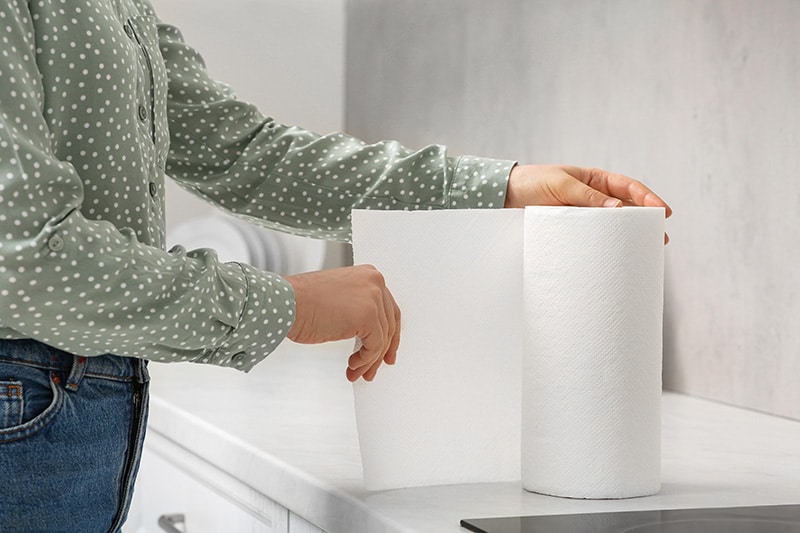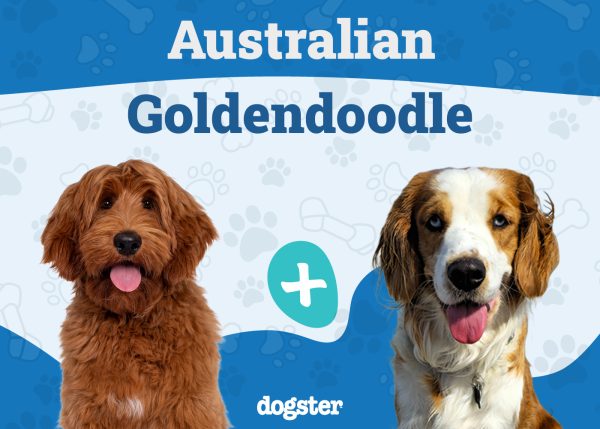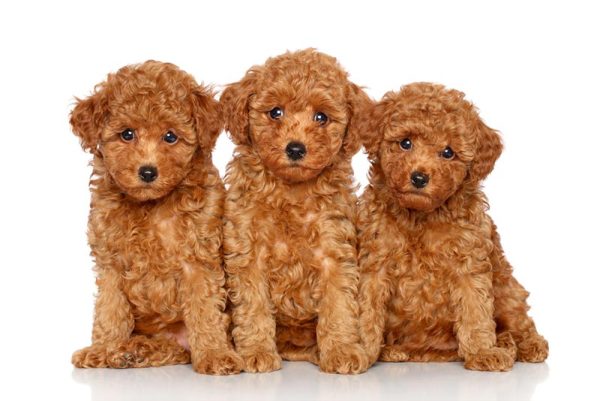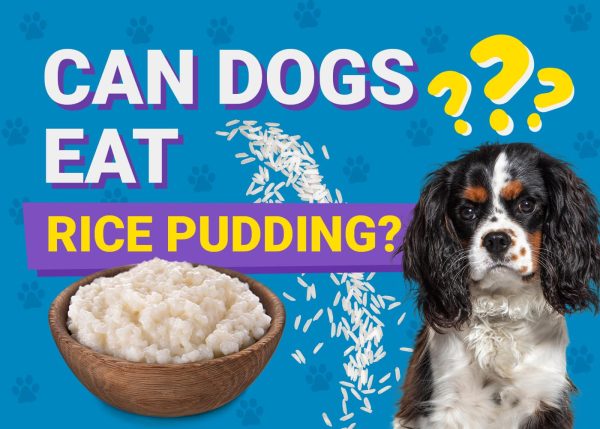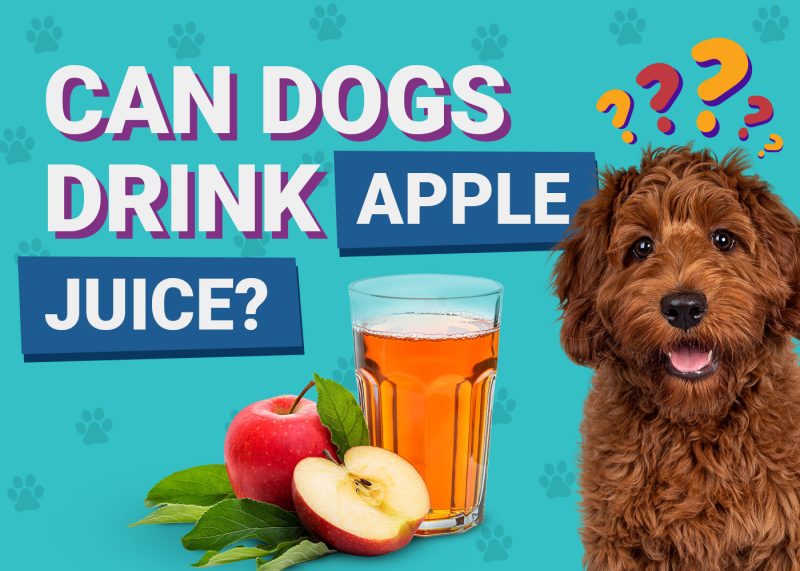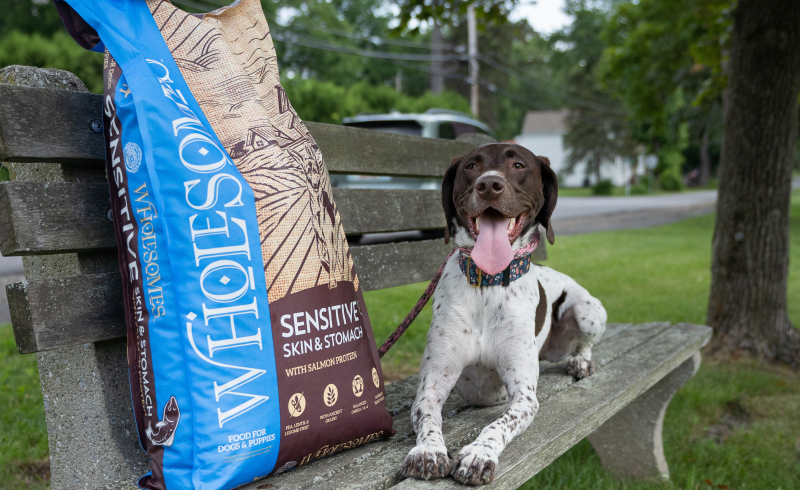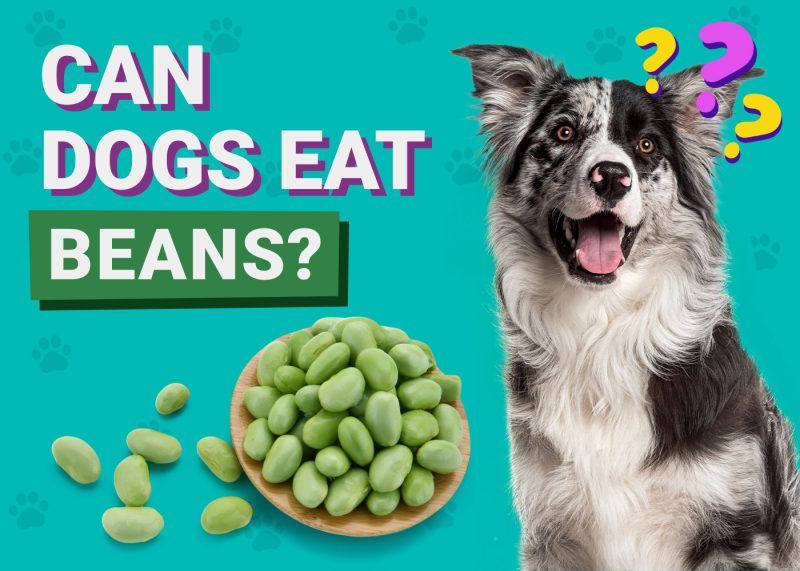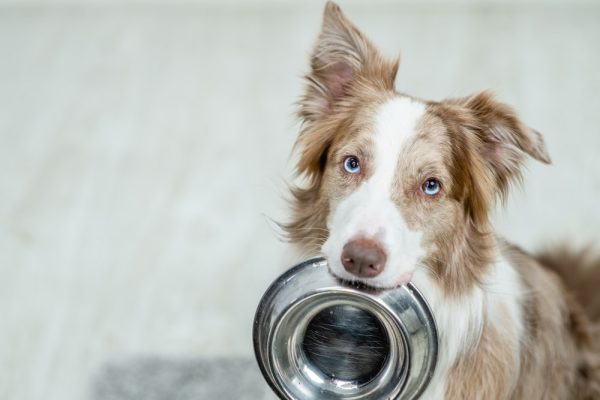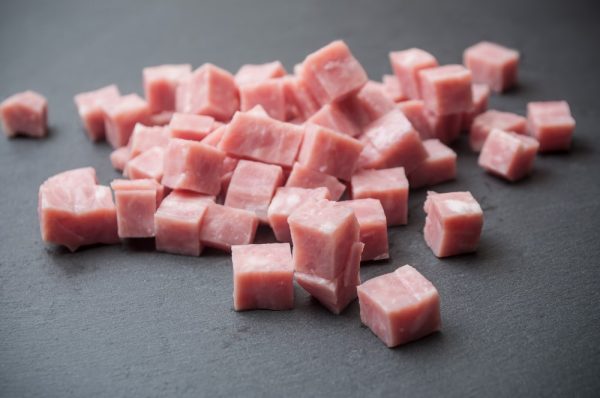You step away from the grill for two seconds, and your dog’s licking their lips, tail wagging, and the paper towel you had on the counter? Gone.
Sound familiar? Whether it’s the leftovers from a BBQ or the scent of roasted chicken, dogs are notorious for gobbling up whatever smells good… paper and all.
The good news: in most cases, a swallowed paper towel will pass through just fine. The not-so-good news? Sometimes, it can cause dangerous blockages or choking. Here’s what vets say you need to know and when it’s time to call for help.

What Happens When a Dog Eats a Paper Towel?
Paper towels do dissolve in moisture, and your dog’s stomach acid can usually break them down.
But if that wad gets stuck on the way down, especially in the esophagus, it can absorb fluid, swell, and cause serious trouble. Most thin paper towels pass through easily, but thick or bunched-up ones can cause painful blockages that need a vet’s attention.
Signs of an Esophageal Obstruction
Keep an eye out for these symptoms right after ingestion:
- Regurgitating food or water
- Difficulty swallowing
- Excessive drooling
- Gagging or coughing
- Repeated swallowing motions
If you notice any of these, your dog may have a blockage and needs immediate veterinary care.

When to Take Your Dog to the Vet
If your dog swallowed a paper towel but still seems happy, hungry, and comfortable, you can usually monitor them at home.
But call your vet right away if you see:
- Vomiting or loss of appetite
- A tense, painful, or bloated abdomen
- Trouble pooping or very little stool
- Panting, drooling, or dehydration (sticky gums, “tented” skin)
- Signs of discomfort or unusual quietness
Depending on the situation, your vet may suggest bringing your dog in or may guide you on safe home monitoring.
What the Vet Might Do
At the clinic, your vet will examine your dog and may use an X-ray or an endoscope to locate the paper towel.
If it’s stuck in the throat, they might try to flush it into the stomach or carefully remove it. If it’s already in the stomach and your dog seems fine, your vet may recommend a “wait and see” approach, with close observation at home.

Caring for Your Dog at Home (Vet-Approved Tips)
If your vet says home monitoring is okay, here’s what to do:
- Feed small, frequent meals – Soft, bland foods can help the towel pass and cushion sharp edges.
- Keep your dog hydrated – Offer plenty of fresh water to support digestion.
- Watch the litterbox (or backyard) – Look for signs that your dog is passing stool normally. You might spot paper bits in there, which is totally normal.
If your pup stops eating or pooping, or shows new discomfort, call your vet right away.
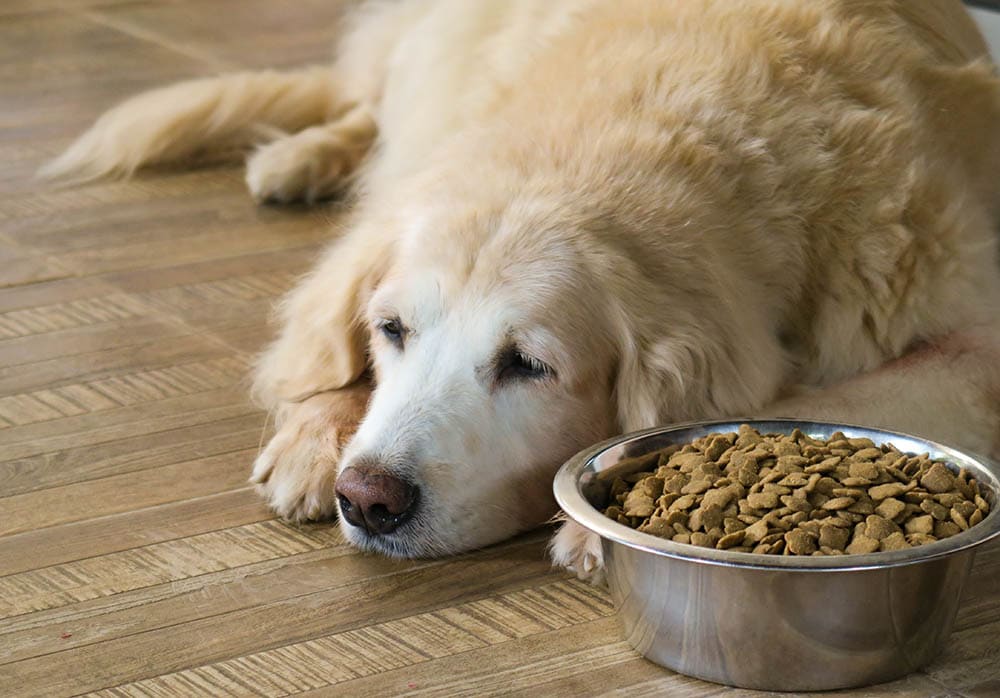
What Not to Do
- Don’t make your dog vomit. Forcing vomiting can cause the towel to get stuck coming back up, risking choking or tears in the throat.
- Don’t assume it’s harmless. Even if your dog seems fine now, internal issues can take hours to show.
- Don’t wait if something feels “off.” You know your dog best, and if their behavior changes, trust your gut and call your vet.
Are Some Paper Towels More Dangerous?
Yes! Thicker, heavily textured, or multi-layer paper towels are more likely to cause trouble because they absorb more liquid and take longer to break down.
Some brands also contain small amounts of dyes or bleach, but don’t worry—one sheet’s worth of chemicals isn’t typically harmful. The real risk lies in physical blockage, not toxicity.
While We’re at It… Other BBQ Hazards to Watch For
Paper towels aren’t the only sneaky danger at cookouts and kitchen counters.
Keep these common offenders out of paw’s reach:
- Onions & garlic – toxic to dogs
- Fatty meats – may trigger painful pancreatitis
- Grapes & raisins – extremely poisonous
- Macadamia nuts – can cause tremors and weakness
- Corn cobs & skewers – huge choking and blockage risks
- Chocolate – contains theobromine, dangerous to the heart
If your dog’s a champion counter-surfer, it might be time to set some boundaries (or at least lock down the leftovers!).
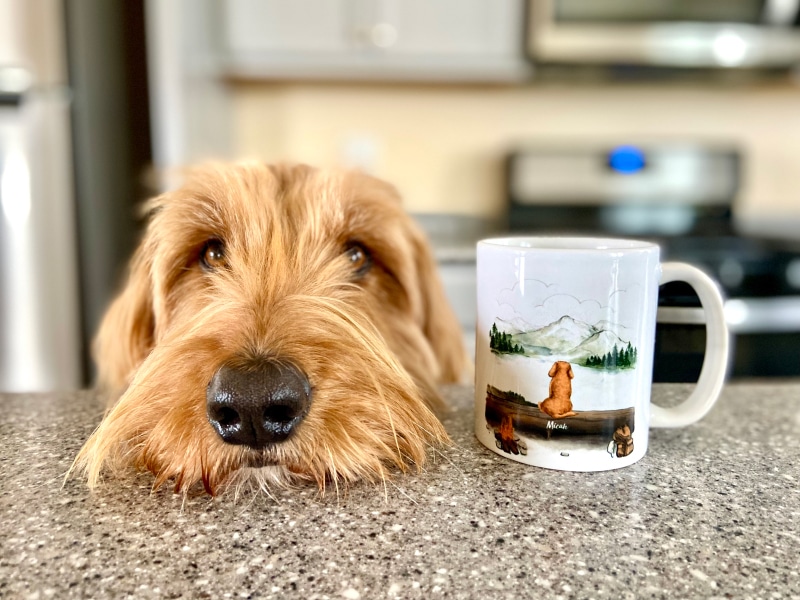

Final Thoughts: Don’t Panic. Just Be Proactive!
If your dog ate a paper towel, try not to panic. Most of the time, it dissolves and passes naturally.
But if your gut tells you something’s off, or your dog shows any signs of pain, vomiting, or trouble eating, get professional advice right away. Quick action (and a calm pet parent!) can make all the difference.
Next time? Keep those tempting BBQ scraps and paper towels out of reach… because curiosity and canines are a dangerous combo.
Feature Image Credit: New Africa, Shutterstock
Did You Know?

